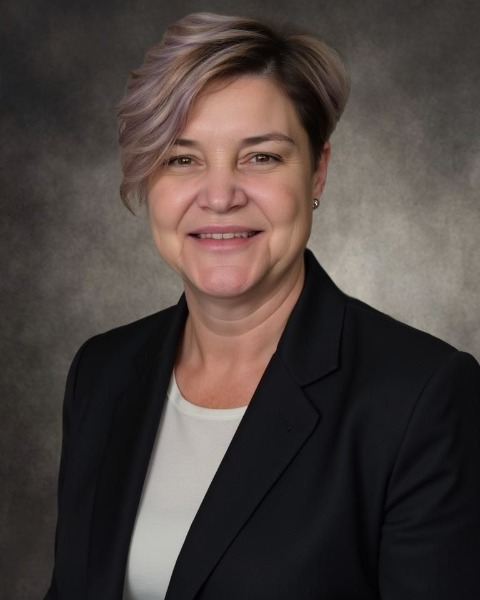Research
S1 - Impact of an End-of-Life High-Fidelity Simulation on Nursing Students' Perceived Attitudes Towards Care of the Dying
Saturday, June 21, 2025
9:15 AM – 10:00 AM MST
Location: PC 7/Gov 11

Meredith Joyner, DNP, RN, CNE, CHSE
Assistant Professor and Simulation Lab Manager
Johnson & Wales University
Stallings, NC, United States
Lead Author(s)
Disclosure(s):
Meredith Joyner, DNP, RN, CNE, CHSE: No financial relationships to disclose
Abstract : This project investigated the impact of high-fidelity simulation on nursing students’ attitudes toward end-of-life care. Using the Frommelt Attitude Toward Care of the Dying Form B (FATCOD- B) scale, students’ attitudes were measured before and after participation in an end-of-life care simulation. A Wilcoxon Signed Rank Test revealed a statistically significant improvement in attitudes, with median scores increasing from 117.5 to 123 (z = -2.98, n = 14, p < 0.05). Although the effect size was small (r = 0.11), the findings suggest that high-fidelity simulations can enhance students' comfort and attitudes toward providing compassionate care to terminally ill patients. The study underscores the potential of simulation-based education to bridge the gap in clinical exposure to death and dying, which is often limited during traditional clinical rotations, and to better prepare students for the emotional and practical challenges they will face in their professional roles. Future research could explore the long-term effects of simulation training on nursing practice and patient outcomes, particularly as the demand for skilled palliative care grows globally due to an aging population and an increase in chronic and terminal illnesses.
Please include a short summary of your presentation that highlights why an attendee would want to participate in your session.: Attend this presentation to explore how high-fidelity simulation significantly improves nursing students' attitudes toward end-of-life care. This research shows how simulation bridges the gap in clinical exposure to death and dying, better preparing students for compassionate care. As demand for skilled palliative care rises, these findings offer valuable insights for improving nursing education and patient outcomes.
Please include a short summary of your presentation that highlights why an attendee would want to participate in your session.: Attend this presentation to explore how high-fidelity simulation significantly improves nursing students' attitudes toward end-of-life care. This research shows how simulation bridges the gap in clinical exposure to death and dying, better preparing students for compassionate care. As demand for skilled palliative care rises, these findings offer valuable insights for improving nursing education and patient outcomes.
Learning Objectives:
- Analyze the impact of high-fidelity simulation on nursing students' attitudes toward end-of-life care, using the Frommelt Attitude Toward Care of the Dying Form B (FATCOD-B) scale.
- Evaluate the role of simulation-based education in addressing gaps in clinical exposure to death and dying during traditional nursing rotations.
- Discuss the potential long-term effects of simulation training on improving patient care and outcomes in palliative care settings.
